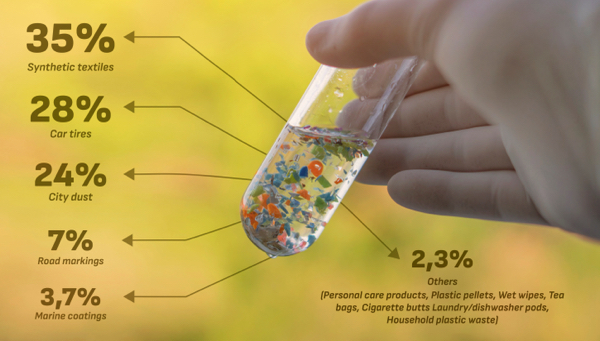
Key points:
- The EU’s once-voluntary "Code of Practice on Disinformation" is now legally binding under the DSA, forcing platforms to comply with strict censorship rules or face penalties.
- Large tech companies—Meta, Google, Apple—are under heightened scrutiny, with yearly audits assessing their ability to suppress so-called "disinformation."
- U.S. officials warn the DSA could trigger a trade standoff, recalling Canada’s failed digital tax clash under Trump.
- The EU is expanding its censorship apparatus beyond major platforms, signaling a broader crackdown on alternative media and independent creators.
- The law’s vague definitions of "harmful content" and "disinformation" empower governments to silence dissent under the pretext of public safety.
From voluntary cooperation to compelled censorship
What began in 2018 as a flexible, industry-led effort to tackle online falsehoods has morphed into an ironclad censorship regime. The DSA now enforces mandatory compliance with the EU’s "disinformation" code—despite official claims that adherence remains "voluntary." A Commission spokesperson admitted the contradiction: "Compliance with the Code is voluntary. Compliance with the DSA is not." This legal sleight of hand means platforms like Facebook, YouTube, and X (formerly Twitter) must proactively scrub content Brussels deems undesirable or risk massive fines.
The timing couldn’t be more fraught. As U.S.-EU trade negotiations hang in the balance, American lawmakers accuse Europe of disguising censorship as "risk management." Republicans have blasted the move as an attack on free speech, with echoes of Canada’s digital tax debacle—a policy scuttled after U.S. backlash. Meta’s Joel Kaplan once praised Trump for defending American tech from foreign overreach. Now, Brussels appears eager to test Washington’s patience by pushing a digital agenda that redefines permissible speech.
Silencing dissent under the guise of "safety"
The EU insists the DSA targets systemic risks, not individual expression. But its broad language leaves room for abuse. Platforms classified as "Very Large Online Platforms" (VLOPs) must submit to invasive audits evaluating their handling of "disinformation"—a term left deliberately vague. Meanwhile, draft revisions to the Audiovisual Media Services Directive (AVMSD) seek to expand oversight of YouTube and TikTok, bringing independent creators under the same regulatory leash as state broadcasters.
Polish Minister Hanna Wróblewska framed the changes as safeguarding citizens from "harmful content." Yet history shows that "robust" rules often serve as bureaucratic weapons against dissent. The EU’s focus on "foreign information manipulation" (FIMI) mirrors past tactics—invoking external threats to justify domestic repression. The result? A digital public sphere where "media literacy" equates to compliance with state-approved narratives, and "pluralism" excludes voices challenging elite consensus.
The looming specter of digital martial law
Most alarming is the DSA’s new "crisis mechanism," granting Brussels emergency powers to impose draconian controls on social media, search engines, and e-commerce during vaguely defined threats. Daphne Keller of Stanford’s Cyber Policy Center observed: "It looks like the war in Ukraine created a political opportunity for advocates of tighter restrictions to push their agenda." Critics see it differently—an opportunistic power grab camouflaged by crisis.
The mechanism lets EU Commission President Ursula von der Leyen enforce sweeping censorship without member-state input, bypassing dissent from tech-heavy nations like Ireland. Reports confirm the law passed in an overnight vote, avoiding public scrutiny. Meanwhile, Big Tech’s compliance during COVID and Ukraine suggests companies may already be capitulating to political pressure—raising questions about whether this law merely codifies backroom deals into binding policy.
Sources include:
Please contact us for more information.





















